László Krasznahorkai Wins Man Booker International Prize
Hungarian fiction writer László Krasznahorkai has won the 2015 Man Booker International Prize. Krasznahorkai was presented with the £60,000 award (approximately $90,000) Tuesday evening at a ceremony in London. Kasznahorkai’s two English translators, George Szirtes and Ottilie Mulzet, will split the £15,000 translator’s prize.
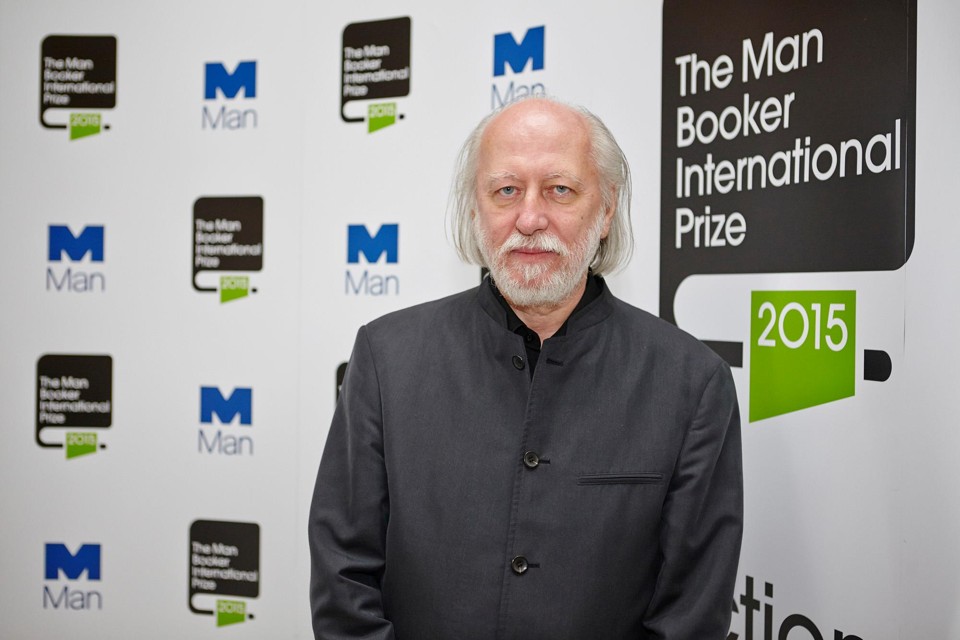
The Man Booker International Prize is given biennially to honor a fiction writer who writes in English or whose work has been translated into English. This year’s judges were Nadeem Aslam, Elleke Boehmer, Edwin Frank, Wen-chin Ouyang, and Marina Warner. The finalists for the prize were César Aira, Hoda Barakat, Maryse Condé, Mia Couto, Amitav Ghosh, Fanny Howe, Ibrahim al-Koni, Alain Mabanckou, and Marlene van Niekerk.
“Laszlo Krasznahorkai is a visionary writer of extraordinary intensity and vocal range who captures the texture of present day existence in scenes that are terrifying, strange, appallingly comic, and often shatteringly beautiful,” said chair of judges Warner. “The Melancholy of Resistance, Sátántangó and Seiobo There Below are magnificent works of deep imagination and complex passions, in which the human comedy verges painfully onto transcendence.”
Born in Gyula, Hungary in 1954, Krasznahorkai has written almost a dozen novels and short story collections, and his works have been translated into German, Polish, French, Spanish, and other languages. New Directions has published English translations of five of his novels. Krasznahorkai is perhaps best known for his 1993 postmodern novel The Melancholy of Resistance, which won numerous literary prizes, including the German Bestenliste Prize and the Kossuth Prize, which is the highest award given in Hungary.
Sponsored by the London-based Man Group, the Man Booker International Prize was established in 2005 and “highlights one writer’s continued creativity, development, and overall contribution to fiction on the world stage.” The Man Group also administers the annual Man Booker Prize for Fiction. Recent winners of the Man Booker International Prize include Lydia Davis (2013), Philip Roth (2011), and Alice Munro (2009).





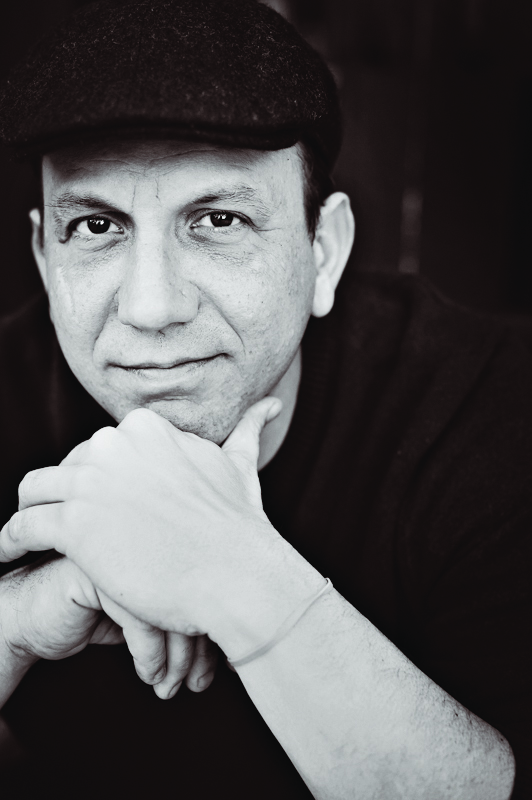 How do you prepare for a reading?
How do you prepare for a reading?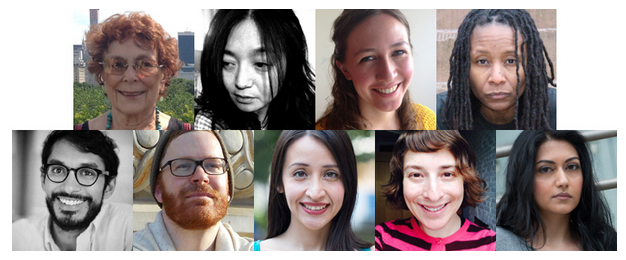
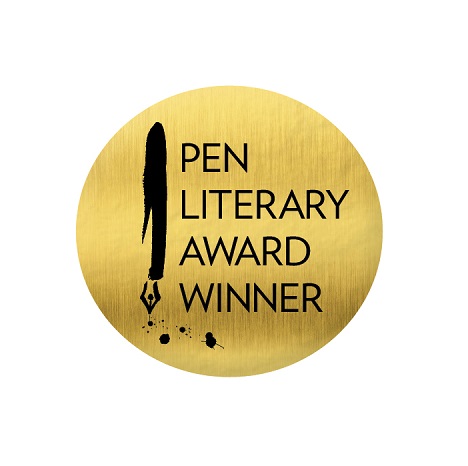 Saeed Jones won the $5,000
Saeed Jones won the $5,000 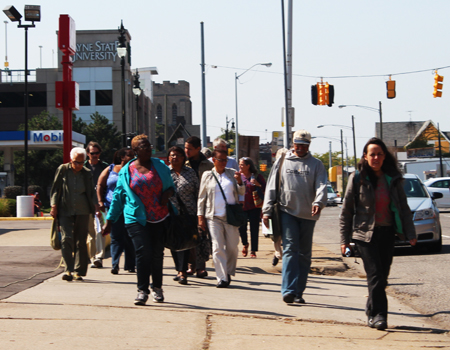
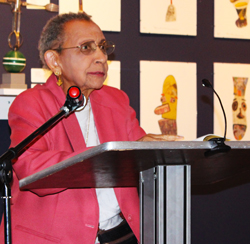
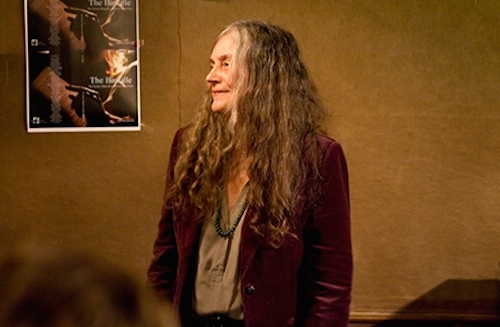
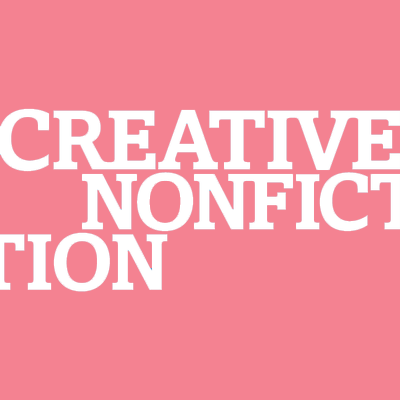 Using the
Using the 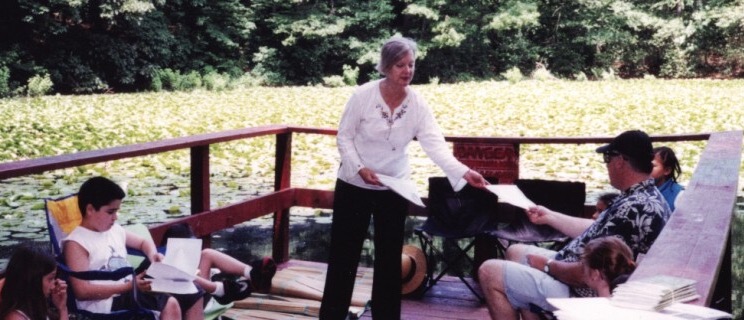
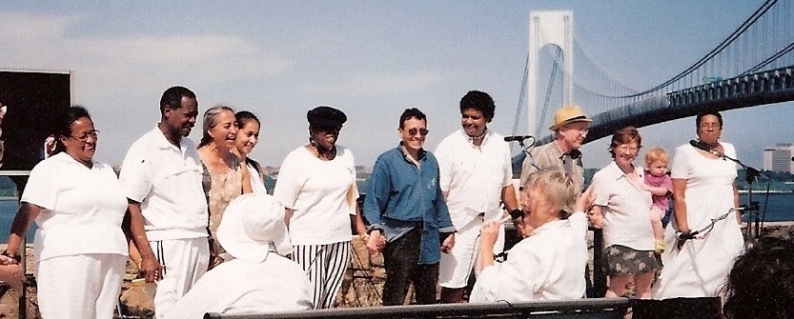
 Using the
Using the  Submit a story of up to 3,500 words with a $30 entry fee, which includes a subscription to the Malahat Review, by May 1 via e-mail to
Submit a story of up to 3,500 words with a $30 entry fee, which includes a subscription to the Malahat Review, by May 1 via e-mail to 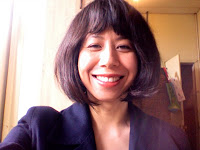
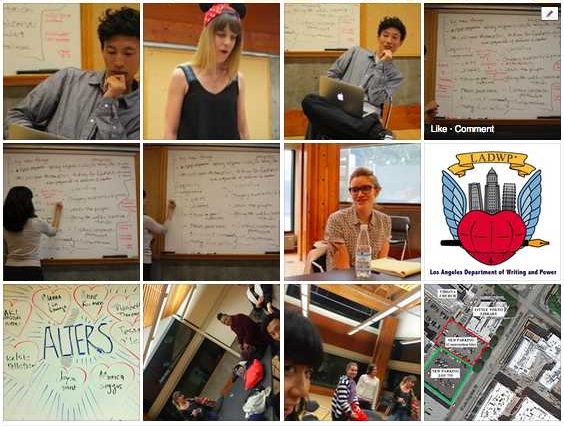 We had a dynamic, talented, and punctual group. It was a pleasure to discuss personal creative journeys, hear the mix of angst, frustration, wisdom, confidence, and steady determination that characterized each person. The group had great discussions about what makes a “healthy writer” versus what makes a “happy writer.”
We had a dynamic, talented, and punctual group. It was a pleasure to discuss personal creative journeys, hear the mix of angst, frustration, wisdom, confidence, and steady determination that characterized each person. The group had great discussions about what makes a “healthy writer” versus what makes a “happy writer.” The Notting Hill Editions
The Notting Hill Editions 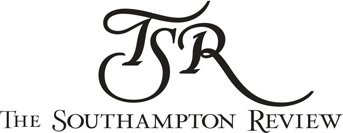
 For the National Translation Awards, publishers and translators are invited to nominate translations from any language into English. The Lucien Stryk prize accepts nominations of book-length translations of Asian poetry or Zen Buddhist texts into English. The NTA and Lucien Stryk prizes are sponsored by the American Literary Translators Association (ALTA) to support the organization’s goal of advancing the quality and art of literary translation.
For the National Translation Awards, publishers and translators are invited to nominate translations from any language into English. The Lucien Stryk prize accepts nominations of book-length translations of Asian poetry or Zen Buddhist texts into English. The NTA and Lucien Stryk prizes are sponsored by the American Literary Translators Association (ALTA) to support the organization’s goal of advancing the quality and art of literary translation.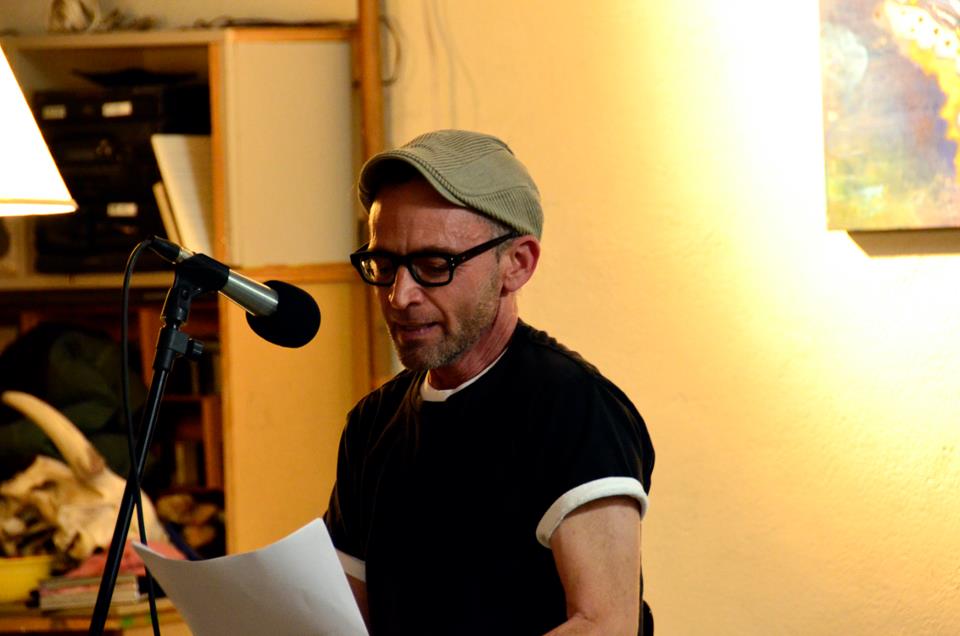
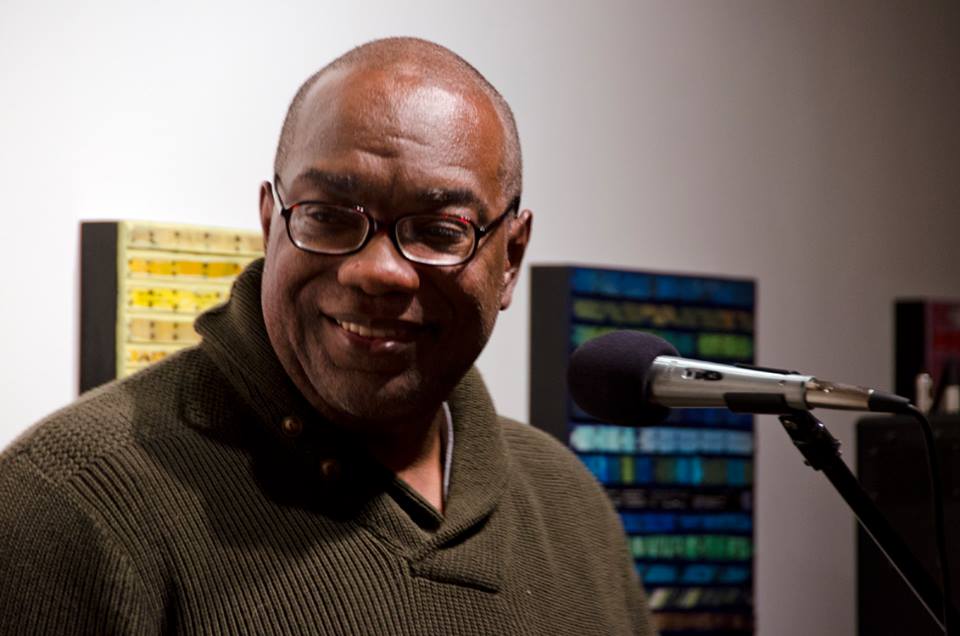
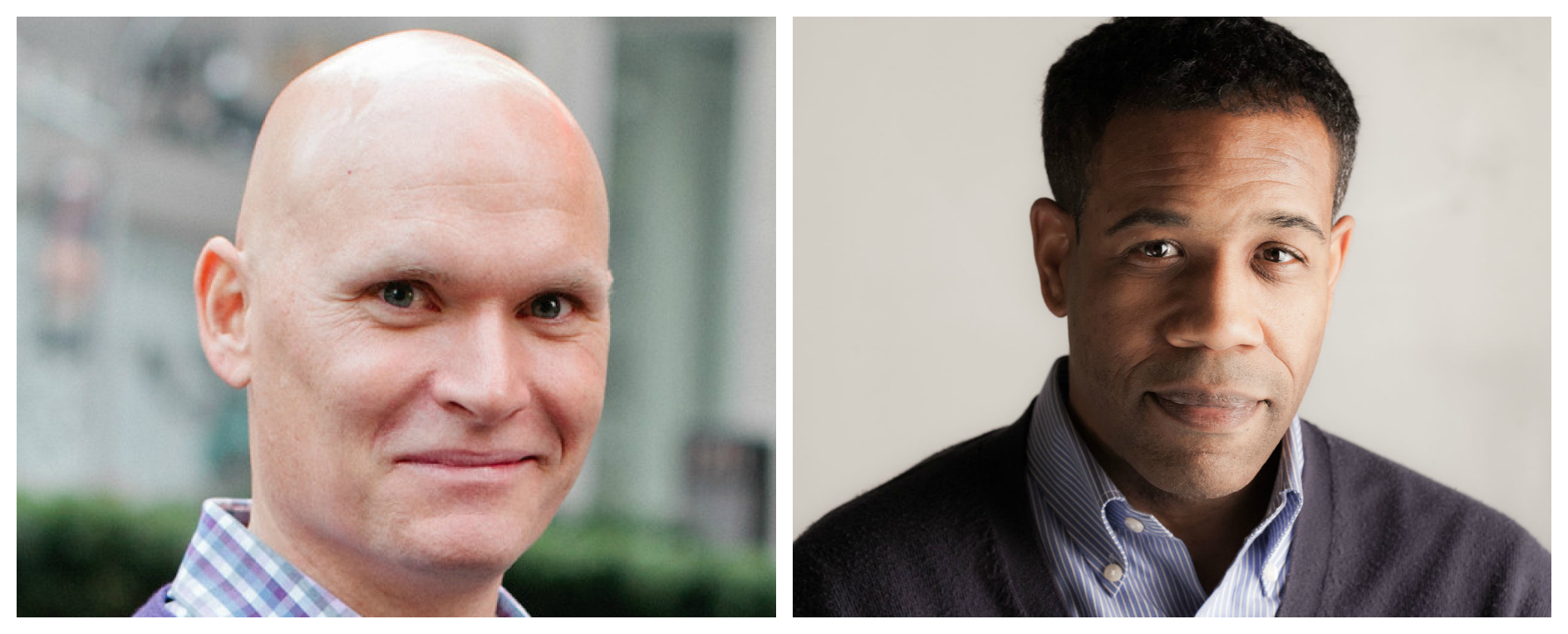 The winner in fiction is Anthony Doerr for All the Light we Cannot See (Scribner). The finalists were Richard Ford’s Let Me Be Frank With You (Ecco), Laila Lalami’s The Moor’s Account (Pantheon), and Joyce Carol Oates’s Lovely, Dark, Deep (Ecco). The winner in poetry is Gregory Pardlo for Digest (Four Way Books). The finalists were Alan Shapiro’s Reel to Reel (University of Chicago), and Arthur Sze’s Compass Rose (Copper Canyon Press).
The winner in fiction is Anthony Doerr for All the Light we Cannot See (Scribner). The finalists were Richard Ford’s Let Me Be Frank With You (Ecco), Laila Lalami’s The Moor’s Account (Pantheon), and Joyce Carol Oates’s Lovely, Dark, Deep (Ecco). The winner in poetry is Gregory Pardlo for Digest (Four Way Books). The finalists were Alan Shapiro’s Reel to Reel (University of Chicago), and Arthur Sze’s Compass Rose (Copper Canyon Press).